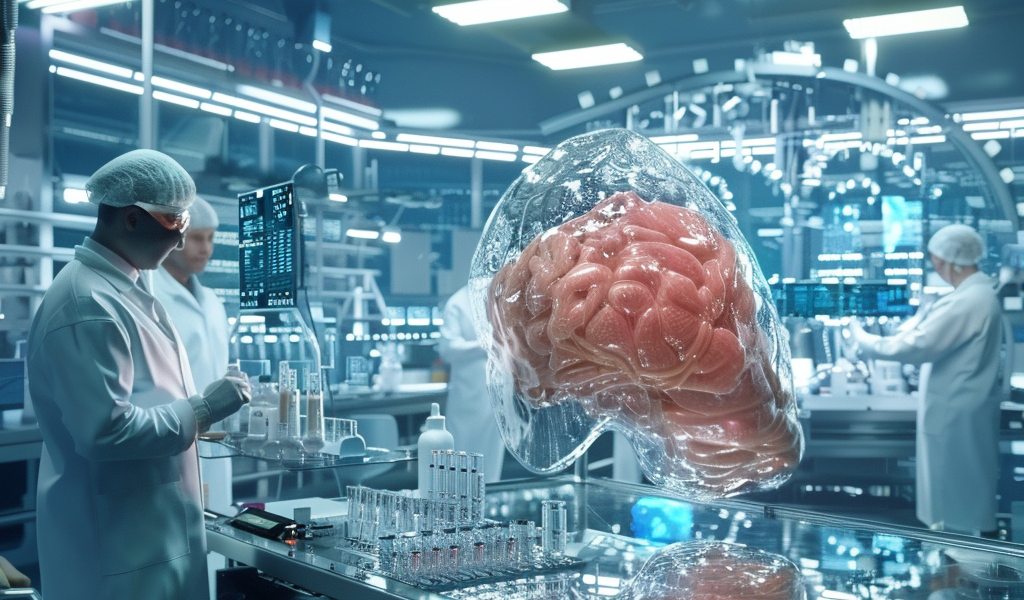Gene-Edited Animal Organ Transplants Could Help End the Organ Donor Crisis
Thousands of people a year die while waiting for an organ transplant. Early experiments in xenotransplantation are raising hopes this could soon be a thing of the past.
In the US, 100,000 people are currently on the organ transplant waiting list, and 17 of them die every day before receiving an organ. The persistent shortage of organ donors has long led doctors to flirt with the idea of xenotransplantation, a procedure where tissue or an organ from an animal is transplanted into a human.
Early experiments were largely unsuccessful and ethically questionable, though, and the idea remained firmly on the fringes of the medical world. That’s largely due to the high risk of rejection. This is a problem for human transplants too, but it’s much more risky when using organs from other species.
But the advent of increasingly powerful and precise genetic engineering technologies such as CRISPR have ushered the idea from the shadows. The ability to make edits to the donor animals’ DNA to prevent the production of biomolecules known to induce immune responses in humans has raised hopes the approach may be viable after all.
In recent years, a handful of pioneering experiments in humans have demonstrated that genetically engineered pig organs can at least temporarily function smoothly in the human body. Medical complications, organ rejections, and patient deaths have meant none of these procedures have provided a long-term solution, but the results so far have been promising.
“At Massachusetts General Hospital alone, there are over 1,400 patients on the waiting list for a kidney transplant,” Leonardo Riella, who led the surgical team at Mass General that transplanted a pig kidney into a patient, said in a press release earlier this year.
“Some of these patients will unfortunately die or get too sick to be transplanted due to the long waiting time on dialysis. I am firmly convinced that xenotransplantation represents a promising solution to the organ shortage crisis.”
Research and experiments in the field of xenotransplantation continue to progress, offering hope for a future where organ shortages may no longer be a life-threatening issue. With advancements in genetic engineering and ongoing trials, the possibility of gene-edited animal organ transplants becoming a viable solution to the organ donor crisis is becoming increasingly plausible.





